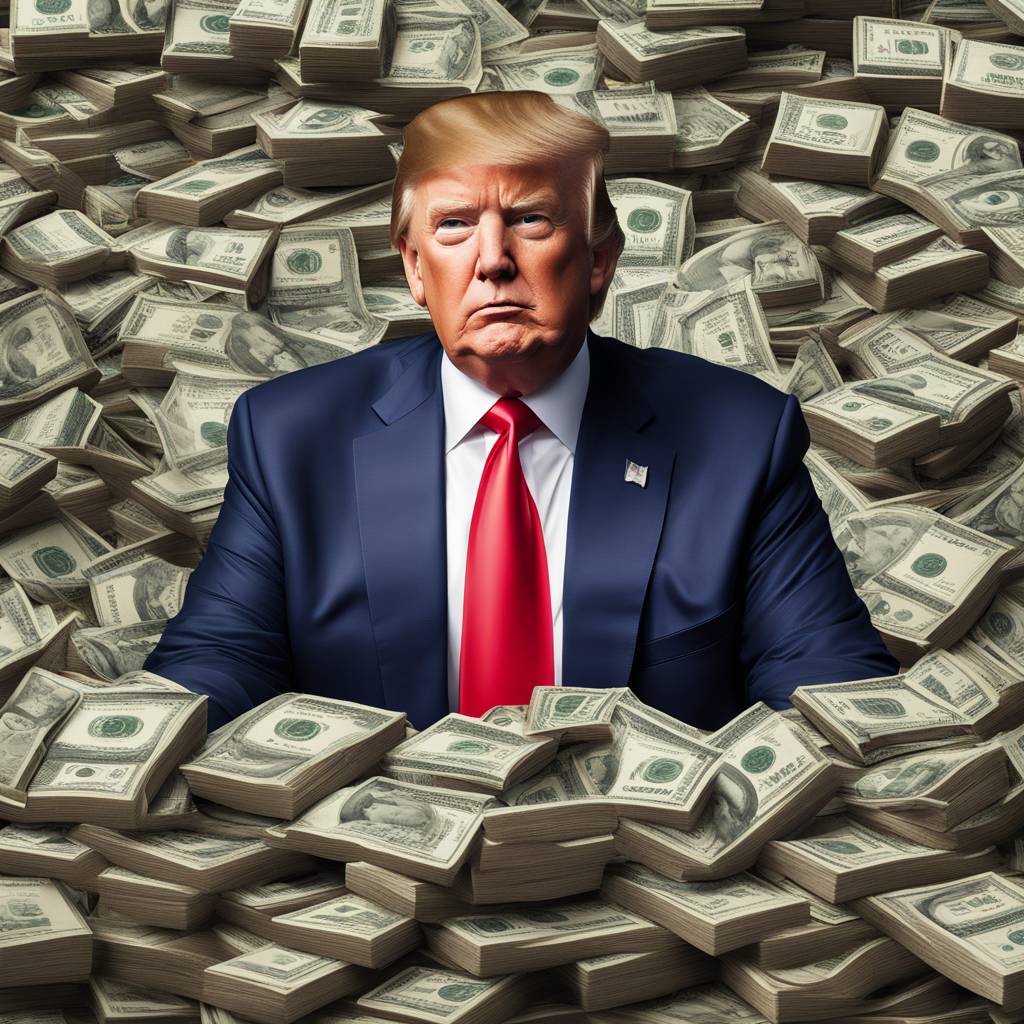The price of Trump Media & Technology Group’s stock, trading under the ticker “DJT,” plummeted from a high near $80 to below $50 per share, causing investors to increasingly bet against the stock. The company, parent of the social media platform Truth Social, has become the most “shorted” stock in the country. Short-sellers borrow shares in hopes of profiting from a price drop by selling them on the market and buying them back at a lower price later. Due to immense interest in shorting Trump Media, fees for borrowing stock have soared, making it difficult for short-sellers to turn a profit unless the stock significantly declines.
Prior to its stock market debut, Trump Media merged with Digital World Acquisition Corporation, a shell company that faced heavy bets against its stock. Despite a sharp increase in Digital World’s shares leading up to the merger, these bets largely failed as Mr. Trump emerged as the favorite for the Republican presidential nomination. Recent financial disclosures by Trump Media revealed minimal revenue, significant losses, and doubts about its financial stability, further fueling investors’ shorting activities against the company. However, the limited availability of shares to short and high borrowing fees are making trading in Trump Media challenging and expensive for short-sellers.
Many investors are making bold bets in the market for stock options tied to Trump Media’s share price, speculating on large movements in either direction – way up or way down. The cost of these options is exorbitantly high, indicating that some investors may be motivated by politics rather than economics. Large hedge funds have been recent holders of warrants that could provide the right to new stock at a fixed price, pending regulatory approval. Despite the high fees associated with shorting Trump Media, investors are still finding ways to profit from discrepancies between the stock price and the value of these warrants.
The short interest in Trump Media is driven by a desire for the stock to plummet quickly, potentially creating opportunities for high profits. However, the limited supply of available shares, significant share ownership by Mr. Trump and company insiders, and high borrowing fees have hindered short-sellers. Major asset managers who typically lend out shares are not significant holders of Trump Media, further restricting the availability of shares for short-selling. The trading activity surrounding Trump Media’s stock reflects a complex interplay of factors, including short-selling dynamics, costs of borrowing stock, and the potential impact of warrant trading on the market.
Investors who have bet against Trump Media have faced challenges due to soaring borrowing fees, limited availability of shares, and significant ownership by company insiders and executives. Short-sellers are essentially borrowing shares to sell them with the hope of buying them back at a lower price later on, pocketing the difference as profit. Given the high fees associated with shorting Trump Media, investors are exploring alternative strategies such as trading in stock options to capitalize on potential price movements. The stock’s current trading dynamics are influenced by a mix of short-selling pressure, warrant trading opportunities, and broader market sentiments, creating a volatile and uncertain trading environment for investors.


